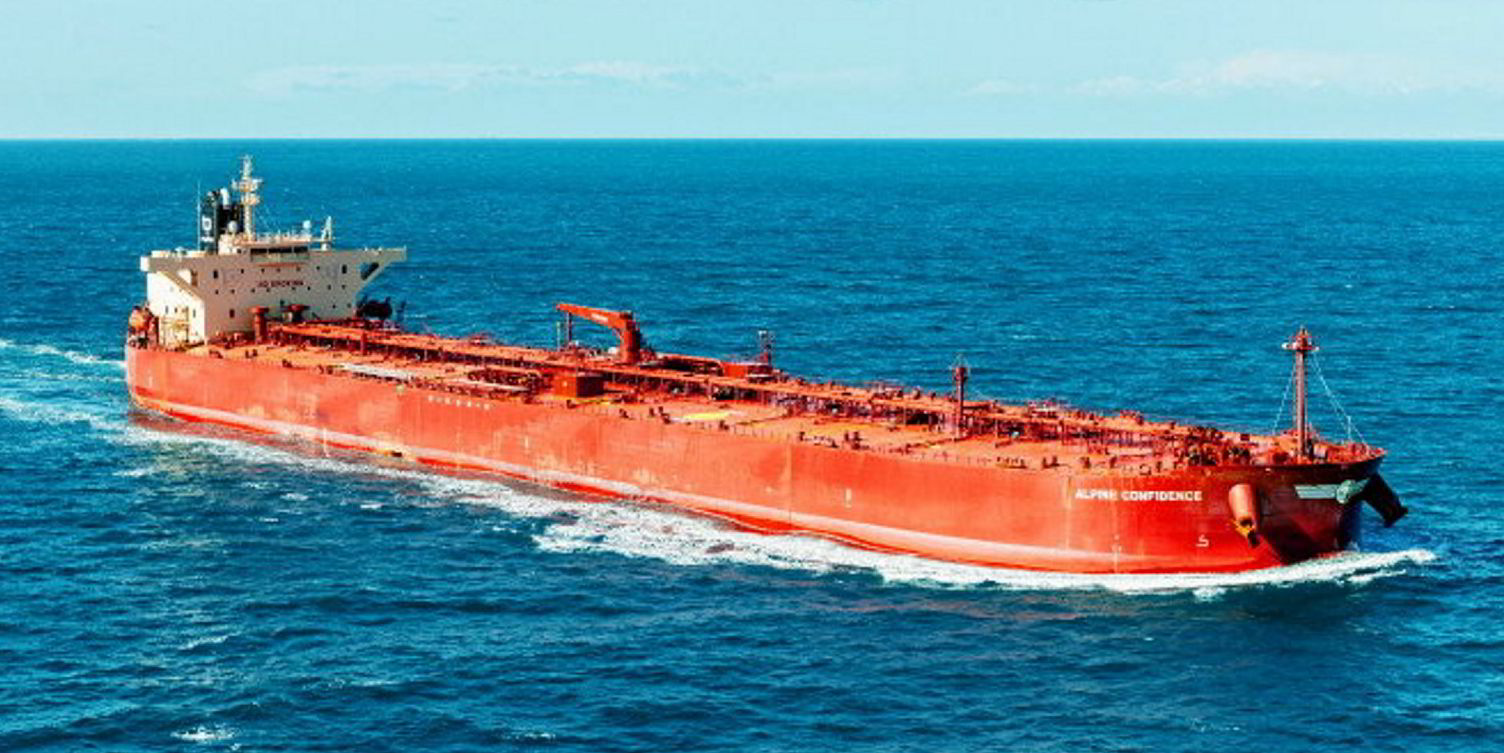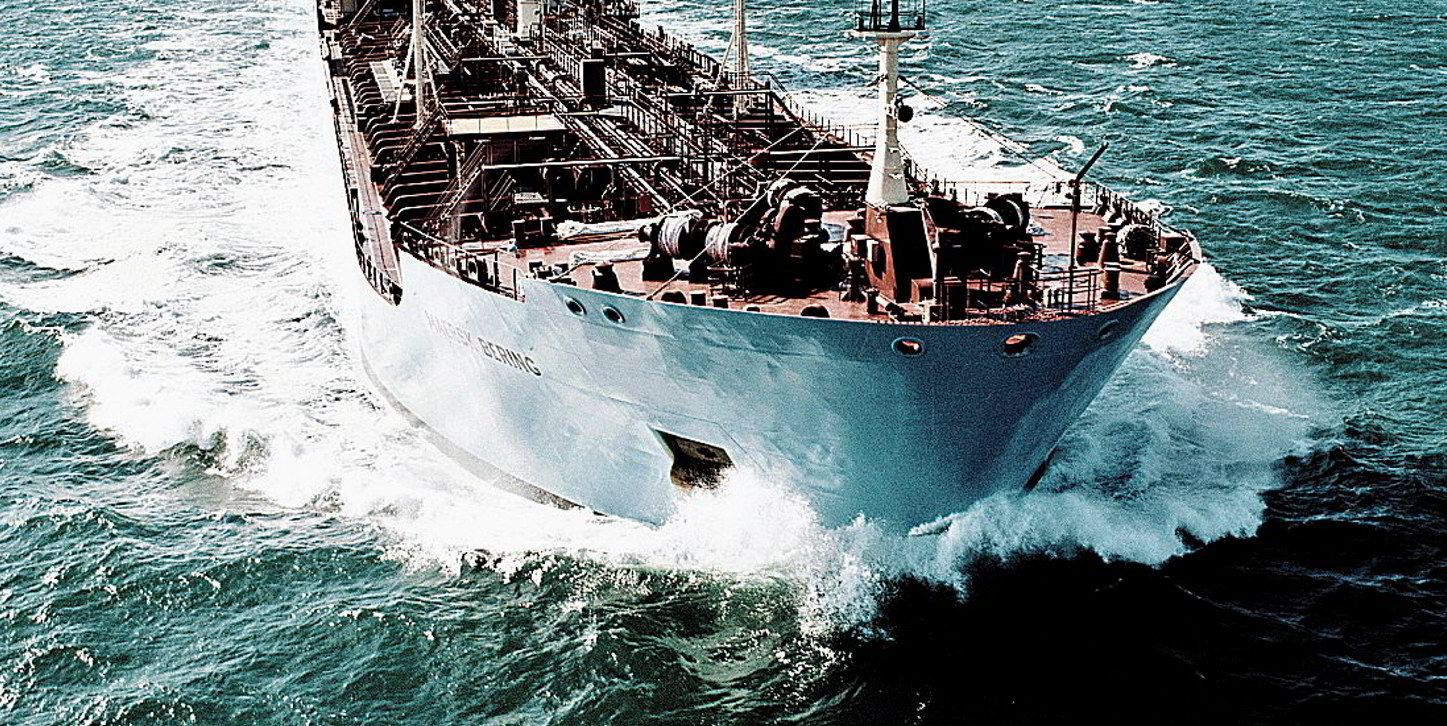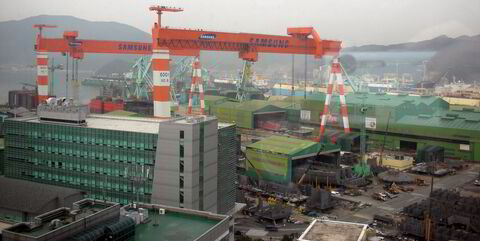Platts has launched two daily LR2 clean tanker route assessments for Red Sea-UK Continent and Red Sea-Mediterranean on the back of changes in vessel flows and trading patterns.
The price reporting agency said the two lump sum and corresponding dollar-per-tonne assessments will be for 90,000 mt loadings starting 1 August 2023.
Platts, which is part of analytics group S&P Global Commodity Insights, first circulated plans for the new route assessments in June of this year and went out to the market seeking feedback.
“With Saudi Arabia ramping up its refining capacity along its Red Sea coast by setting up new refineries and expanding existing units, the country is exporting substantial volumes of clean petroleum products to Northwest Europe and the Mediterranean,” Platts said.
“The newly launched Jazan refinery has a daily processing capacity of 400,000 barrels and was expected to ramp up production of ultra-low sulfur diesel, which at full capacity can produce 250,000 barrels per day (bpd), according to industry estimates.”
Platts said that is in addition to the exports by Yanbu Aramco Sinopec Refining Co (Yasref), which operates a 430,000-bpd refinery in the Red Sea.
An estimated 700,000 tonnes of diesel is moved from the Red Sea to the UKC and Mediterranean every month on LR2s, which equates to close to eight LR2 fixtures, according to Platts.
“Market participants expect clean petroleum product exports from the Red Sea to Europe to increase further on the back of the ongoing Russia-Ukraine war, which has disrupted regular trade flows,” it said.
“Also, the sanctions on Russia have forced buyers in Europe to look for products from other regions including the Red Sea.”
The preferred class of tanker for trade on this route is the LR2 compared with MR and LR1 tankers, according to Platts.
Poten & Partners recently reported that LR2s are no longer moving products from Russia to Europe in the wake of the European Union import ban and price cap implemented in February of 2022.
The US shipbroker said the changes in trade flows as a result of the war in Ukraine are likely to persist, even if the hostilities end.
“Europe has realised that it had become too dependent on Russia for its crude oil and oil products, and it is unlikely that they will make the same mistake twice,” it said.





